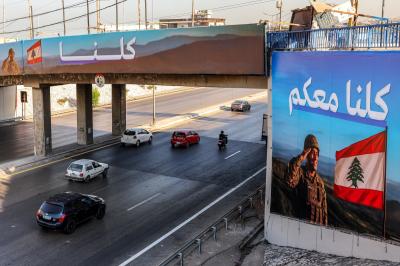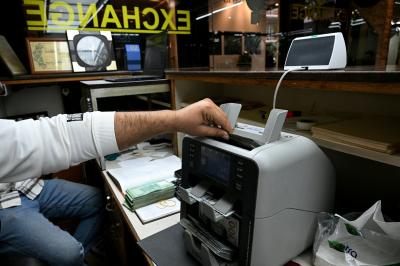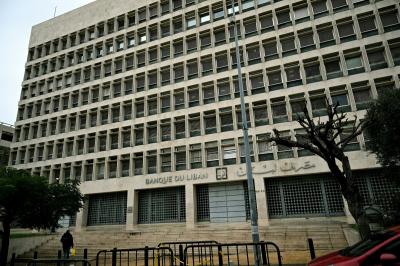In this final part 2 of our file, we continue our critical examination of the 2026 draft budget with Amin Saleh, former head of the Association of Certified Public Accountants in Lebanon and former director of the Treasury at the Ministry of Finance. In Part 1, we highlighted how the budget was packed with taxes and fees targeting individuals and businesses, as well as increased penalties on late payments—though the Finance Ministry often later waives such fines through ministerial decrees.
Diving into the 2026 budget is like entering a dark cave: with every page turned, new surprises emerge—details that seem unthinkable in a phase supposedly dedicated to economic and financial reform.
What stands out most is the stark imbalance in taxation. Revenue from corporate profit taxes, commercial professions, and capital income is projected to fall by 62 percent, while taxes on wages and salaries are set to rise by 138 percent. According to Finance Ministry estimates, income tax paid by workers and employees in 2026 will amount to roughly $225.4 million. By contrast, companies, freelancers, shareholders, and investors combined will pay just $140.2 million. The draft budget also imposes no tax whatsoever on Lebanon’s lucrative public maritime properties. “Social justice in budgeting lies in the ability to fairly redistribute wealth and income,” Saleh notes. “Does the 2026 budget achieve that goal?”
The government reaffirmed its decision yesterday to withdraw weapons from non-state actors and tasked the army with deploying south and north of the Litani River to preserve security and sovereignty. Yet since 2015, the state has failed to disburse the funds earmarked for equipping the armed forces—an amount set by law at 1,350 billion Lebanese pounds at the old exchange rate of 1,500, or about $900 million. These credits have been postponed year after year for a decade. How, then, can Lebanon meet new security requirements, confront Israeli withdrawals, and support the army without including such allocations?
Equally striking is the absence of any serious expenditure for reconstruction, particularly infrastructure—roads, bridges, farmland, water, and electricity networks. Saleh points the finger at Finance Minister Yassine Jaber directly: “Do you not visit Nabatieh? Do you not see the devastation in its historic market and across the South?” If the state refrains from financing reconstruction, who will take responsibility? If reliance is placed on international aid, where is it? Will it ever reach the $7 billion needed to cover damages? And if it does, will the money arrive as grants or loans—like the $250 million “first installment” placed in the reconstruction fund? Can Lebanon shoulder such debt? And who will repay it? The budget offers no answers.
The budget allocates just $40 million for infrastructure—a figure far below even the cost of clearing rubble, let alone rebuilding water, electricity, telecom networks, and destroyed roads. More troubling, the operating expenses of ministries—office furniture, equipment, and supplies—exceed the funds set aside for infrastructure rehabilitation.
What about anti-corruption measures, tax evasion, customs smuggling, and collecting dues from stone quarries, maritime and riverfront properties, and other sources of waste? Saleh is blunt: “All of these are missing in the 2026 budget, just as they were in previous ones.” Aside from expected increases in customs revenue due to a higher customs dollar rate and some stricter enforcement, revenues from public properties, quarries, real estate violations, exclusive concessions, and surpluses from public enterprises like Casino du Liban, Regie Libanaise des Tabacs et Tombacs, and Middle East Airlines remain well below potential.
Telecommunications, once a golden goose for the Treasury, has withered. In its early years, the sector provided one-third of all government revenue. Today, it represents only a fraction.
The budget also fails to list extraordinary revenues, such as loans already agreed upon with international partners. Saleh suspects the motive: “Perhaps the aim is to present a balanced budget in the eyes of international institutions, especially the IMF, for which eliminating deficits is a prerequisite.”
Reports point to a “new course” in the Finance Ministry. Saleh poses the final question: “Is this really the path we should hope for?” His answer is unequivocal: “We forgave them for not closing accounts, for failing to submit final statements, for withholding collection tables. But to now accept a budget that is smuggled in and falsified—that is something neither we nor international institutions will ever tolerate.”
Please post your comments on:
[email protected]
 Politics
Politics













